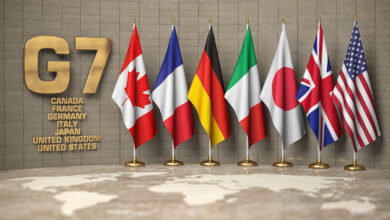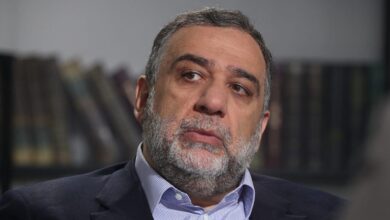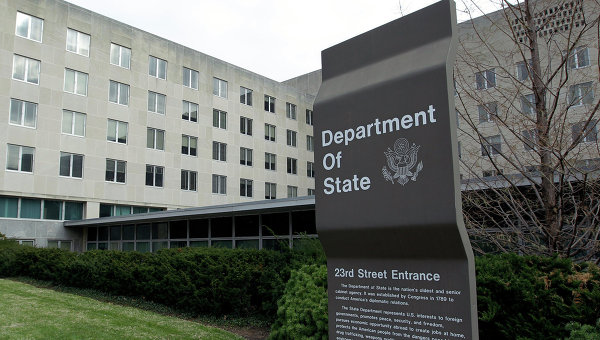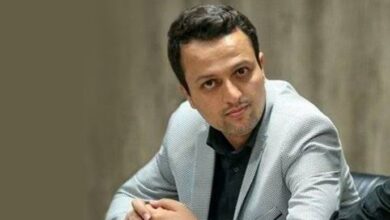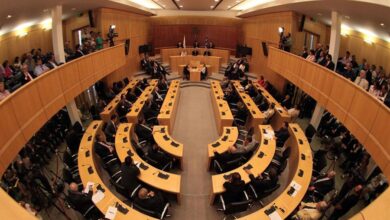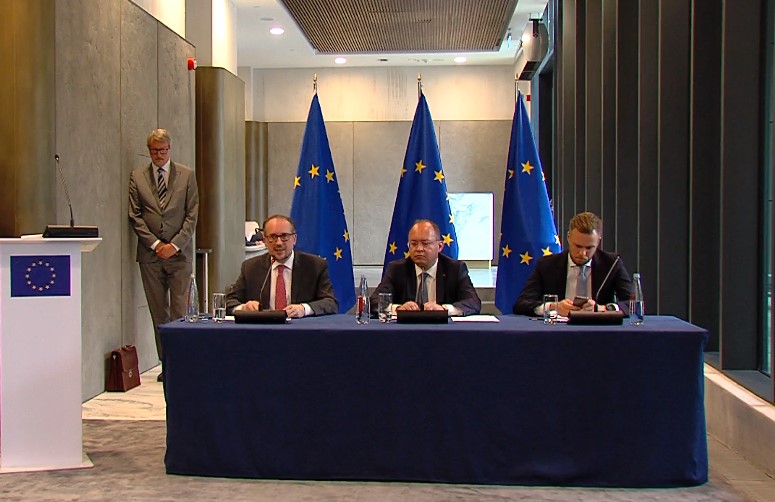
The European Union is determined to get more actively involved in the process of settling the protracted conflicts in the South Caucasus, a region of geopolitical importance for the EU, Romanian Foreign Minister Bogdan Aurescu told a press conference in Tbilisi, upon the conclusion of a regional tour of EU diplomats to Armenia, Georgia and Azerbaijan.
The visit of Alexander Schallenberg, Minister for European and International Affairs of Austria, Gabrielius Landsbergis, Minister of Foreign Affairs of Lithuania and Bogdan Aurescu, Minister of Foreign Affairs of Romania was mandated by the EU High Representative for Foreign Affairs and Security Policy/Vice-President of the European Commission, Josep Borrell.
“This tour allowed us to pass a message of European solidarity and engagement on behalf of the EU and the member states. At the same time we conveyed a message of the EU commitment to prioritize security, stability and prosperity of all three South Caucasus countries,” Mr. Aurescu said.
He stressed that the conflicts have a negative impact on regional security and stability, hamper the socio-economic progress and generate difficulties for the people living in the affected areas.
“It is important to mobilize the EU attention on these issues, to identify the best ways of using the EU instruments and cooperation formats to support the affected countries. We encouraged our partners in the South Caucasus countries to make best use of the instruments provided by the Eastern Partnership framework in order to strengthen regional cooperation for the benefit of peace and prosperity and also ultimately to the benefit of people,” the Romanian FM stated.
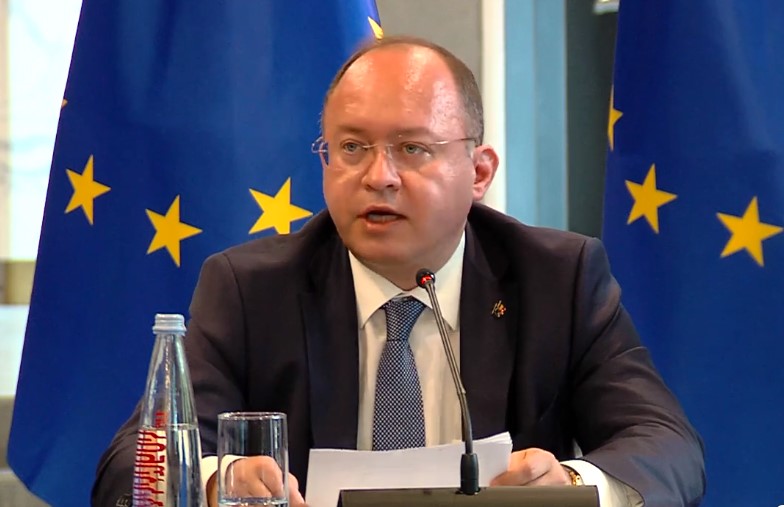
Minister Aurescu added that on behalf of Romania he will promote the need to develop a security dimension within the Eastern Partnership.
He hailed the good organization and the democratic character of the Sunday parliamentary election in Armenia, noting that further modernization and democratization of the country should become a new strategic objective for Armenia, which, he said, is “capable of uniting the efforts of all political forces to the benefit of the Armenian people.”
“In Armenia and Azerbaijan we had an in-depth discussion on the current situation and the perspectives of moving forward following last year’s military confrontation. We called for a constructive spirit and for trust-building, confidence-building measures,” the Romanian FM said, adding that the release of all detainees and the handing over of all the maps of mined areas remain a priority and the EU remains ready to continue to help the efforts.
“We underlined the EU readiness to provide support upon request on all matters that might lead to a negotiated, sustainable and lasting settlement of all pending issues. I underlined the need for reconciliation between the two societies, which is a process that will take some time and a lot of efforts, but there is no other option,” Bogdan Aurescu said.
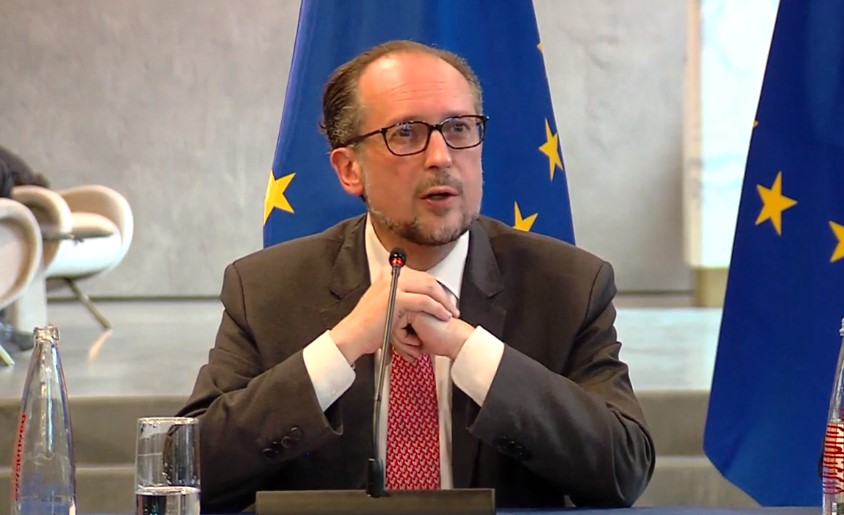
Alexander Schallenberg noted in turn, that the main objective of the visit was to help build trust, but also reiterate the EU’s commitment to the region.
“We will not leave the region to other actors, and we are willing to build a positive agenda for the whole region,” he said.
“The trip reconfirmed what we knew beforehand. Trust is the most needed resource in the region, and the most scarce resource in the region,” the Austrian FM noted.
“Our aim was to plant the first seeds of this trust. We know that the wounds inflicted during the Nagorno-Karabakh war are still open, they have not healed yet, but we need a healing process. And the good thing is that the trip showed that all sides realize that the healing process is indeed needed, and they need partners in order to embark on this process,” the Austrian FM said, stressing that the EU stands ready to help in every way possible.
He welcomed the role of Georgia in this context and personally the Prime Minister in ensuring the release of 15 Armenian detainees and the handing over of mined area maps to the Azerbaijani side.
“I think this trilateral cooperation is beneficial to all partners. This is something that we will as a European Union stronly support in the future,” Alexander Schallenberg stated.

Minister of Foreign Affairs of Lithuania Gabrielius Landsbergis added that the South Caucasus is one of the most geopolitically important regions not only for the EU, but also in the world.
“There are many regional powers interested in ascertaining their influence in all three countries of the region. But interestingly enough, although the three countries are rather different, there are certain things they share. They all need stability and predictability of the region,” he said.
He stressed that in case of Armenia and Azerbaijan, the EU first must help build confidence.


